Advanced Lab - Departments
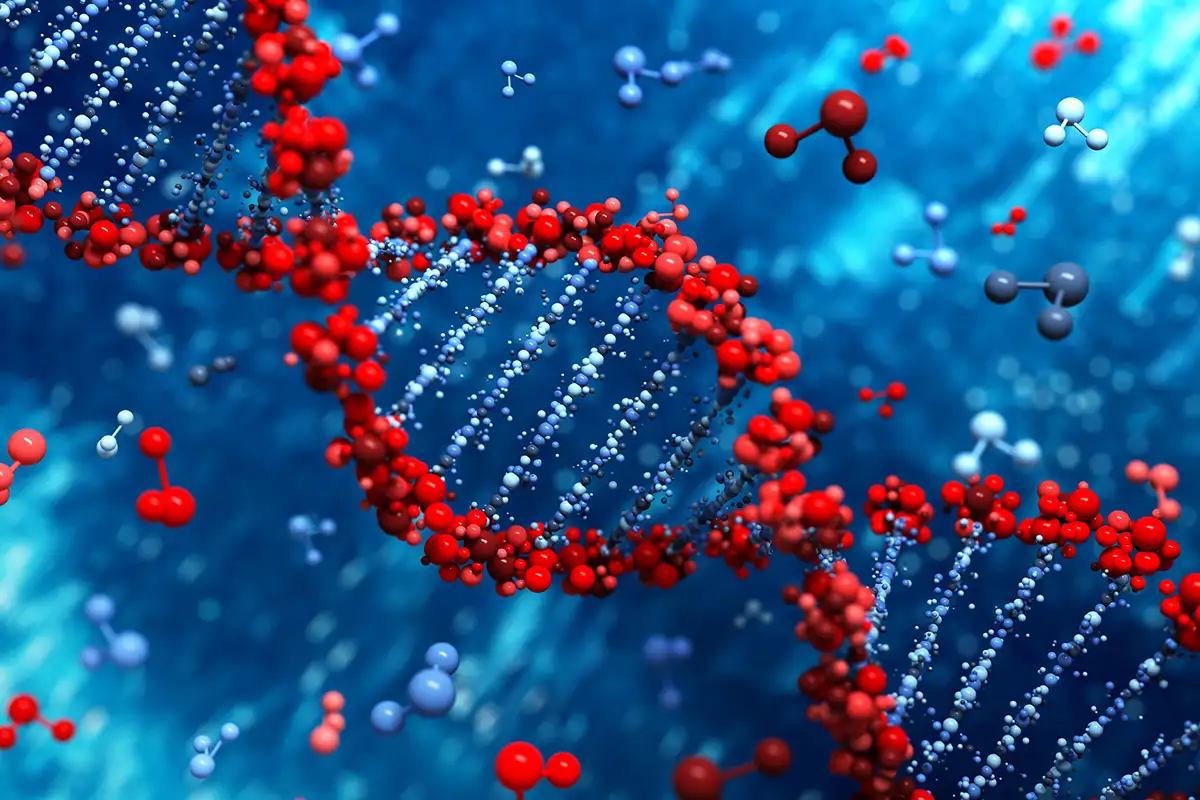
Bio-Chemistry
Biochemists study the structure, composition and chemical reactions of substances in living systems and, in turn, their functions and ways to control them.
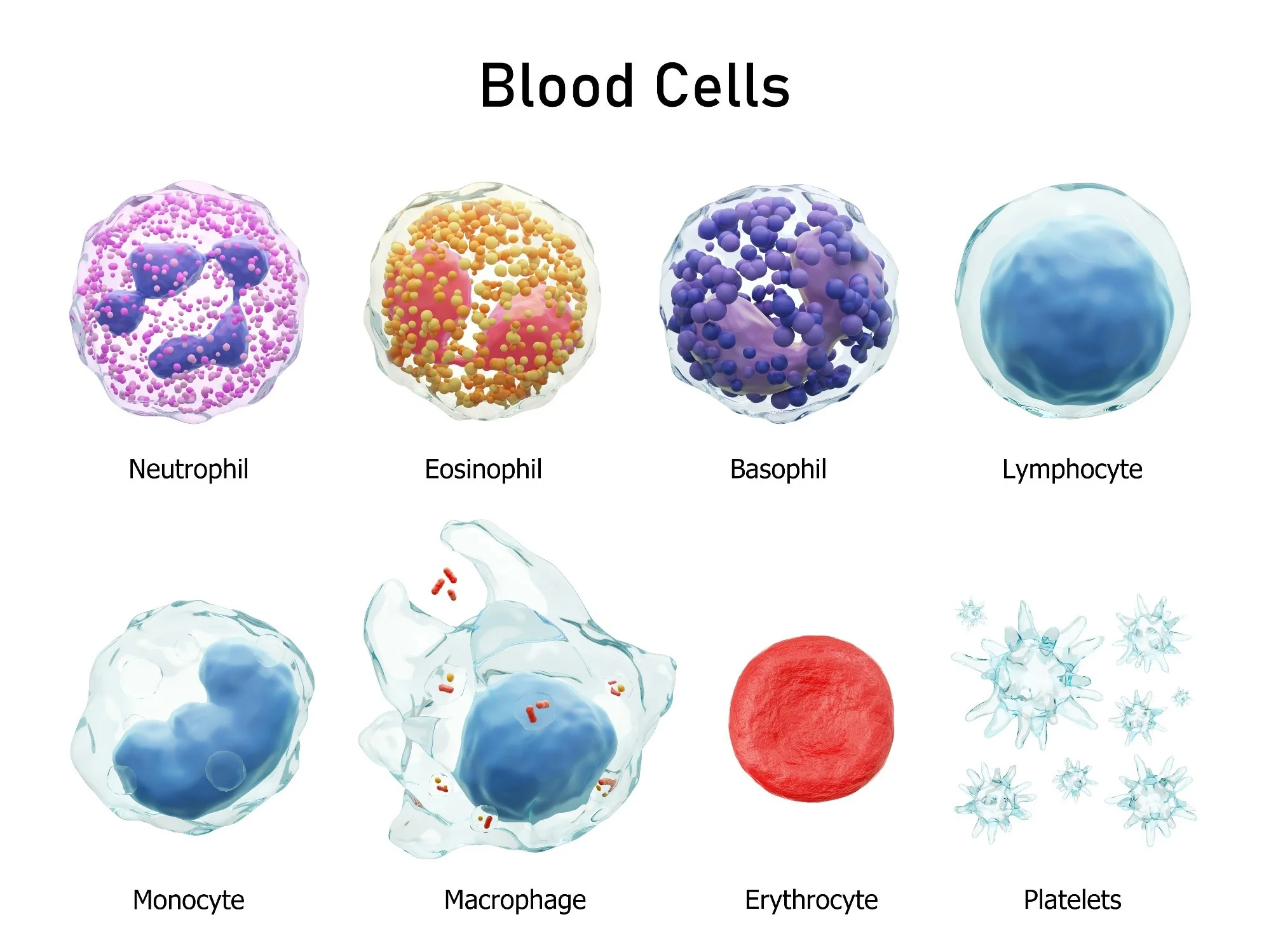
Hematology
Hematology is the study of blood and blood disorders. Diagnose anemia, infection, and hemophilia, blood-clotting disorders, leukemia, bone marrow cells etc.
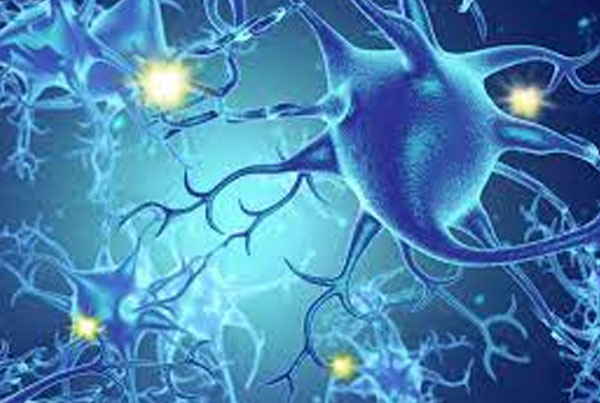
CYTOLOGY
Used to diagnose cancer,screen for fetal abnormalities, pap smears, infectious organisms and in other screening and diagnostic areas.
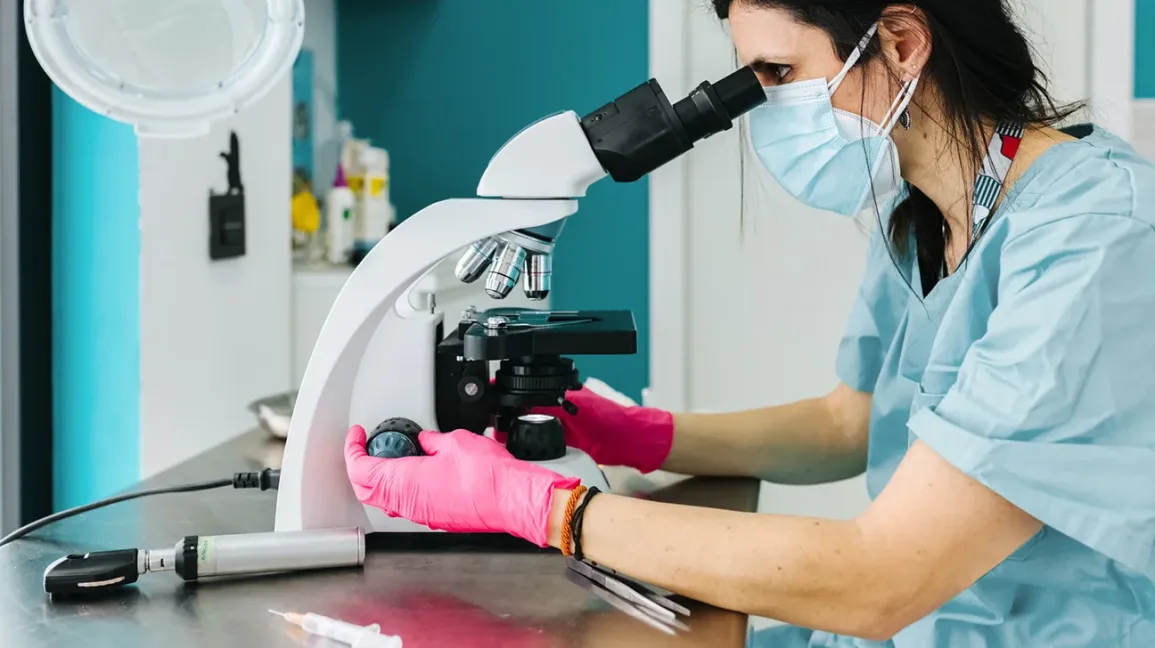
HISTOPATHOLOGY
Histopathology is the diagnosis and study of diseases of the tissues, and involves examining tissues and/or cells under a microscope.
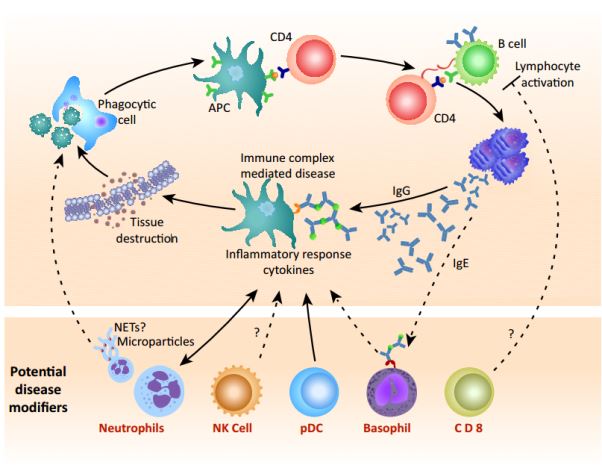
IMMUNOLOGY
The immune system protects us from infection through various lines of defence. If it is not functioning as it should, can result in allergy, cancer etc.
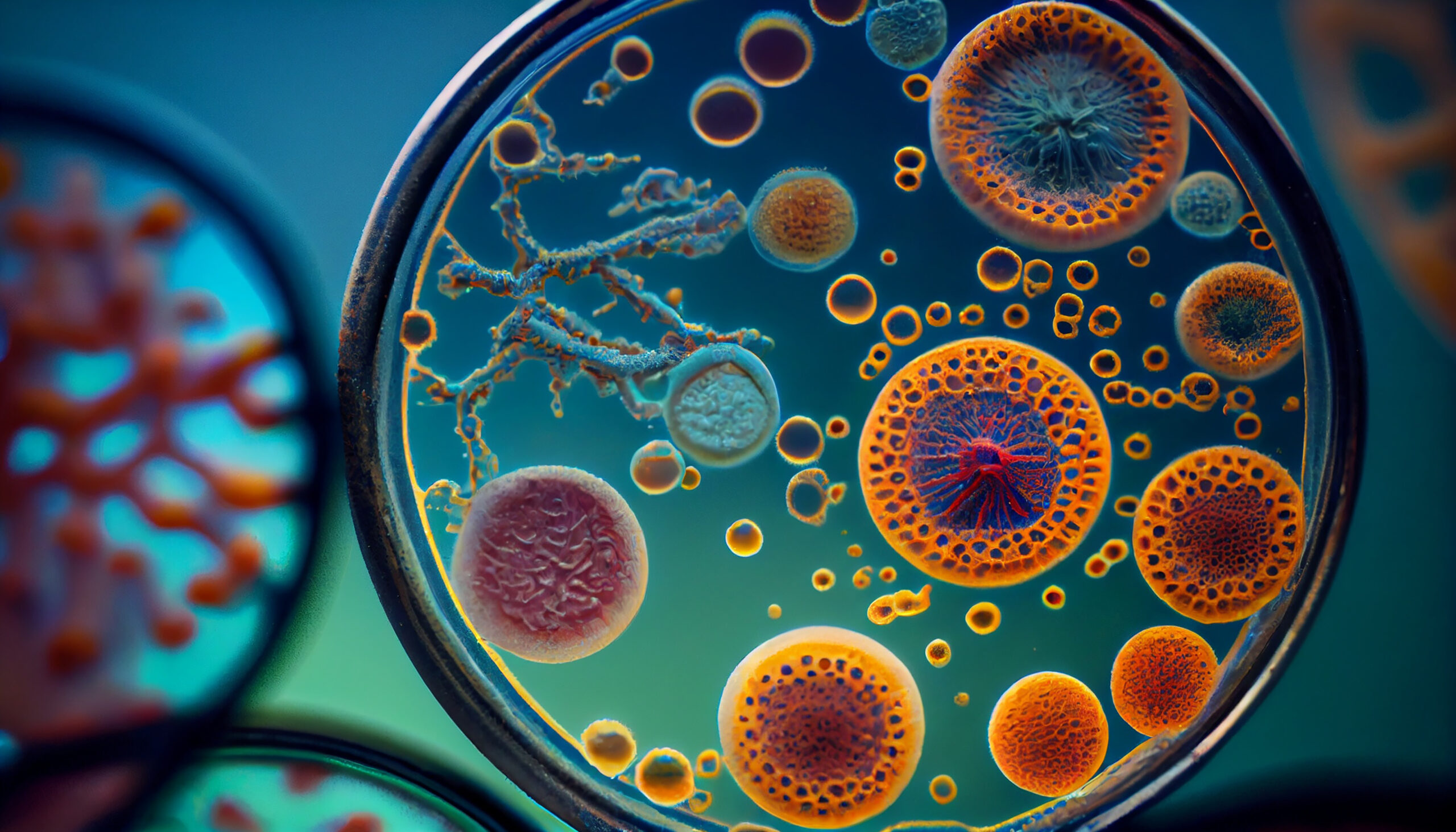
MICRO BIOLOGY
Study of biology of microscopic organisms - viruses, bacteria, algae, fungi, slime molds, and protozoa, to amplify DNA sequences and generate encoded products.
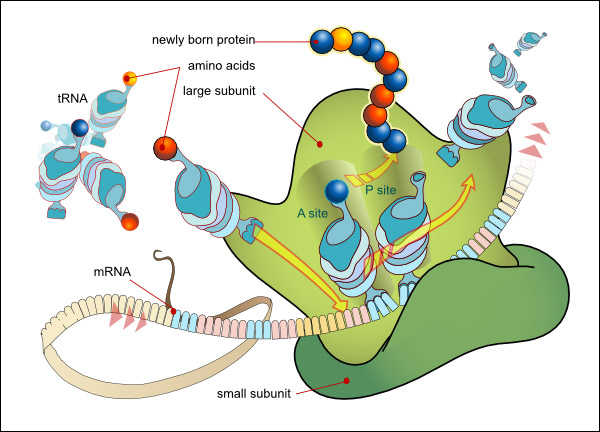
MOLECULAR BIOLOGY
Studies the composition, structure and interactions of cellular molecules, essential for the cell's functions and maintenance.
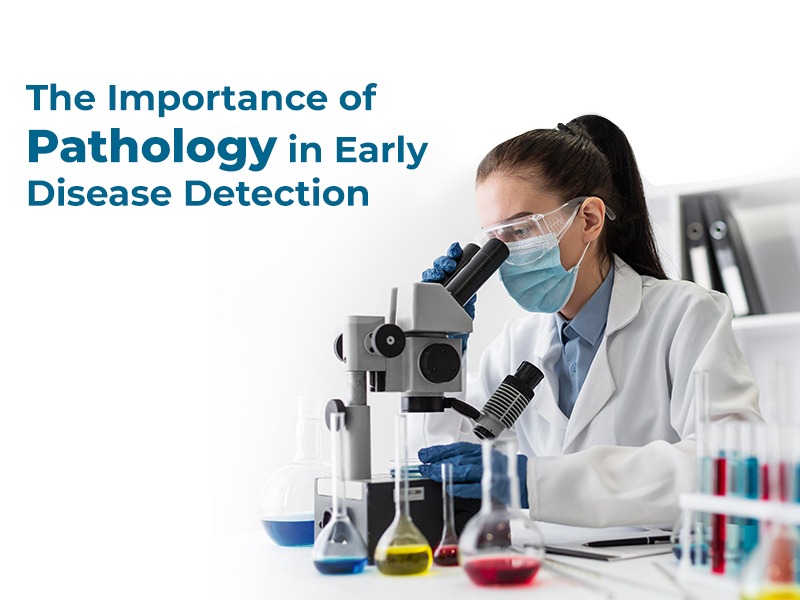
PATHOLOGY
Clinical pathology involves the examination of surgically removed organs, tissues (biopsy samples), bodily fluids, and, in some cases, the whole body (autopsy).

SEROLOGY
Checks for the presence of antibodies in serum. Antibodies are proteins made by the body's immune system in response to microorganism, such as a virus.

PRENATAL SCREENING
To detect birth defects & genetic disorders, at various stages prior to birth, such as neural tube defects, chromosome abnormalities & gene mutations.
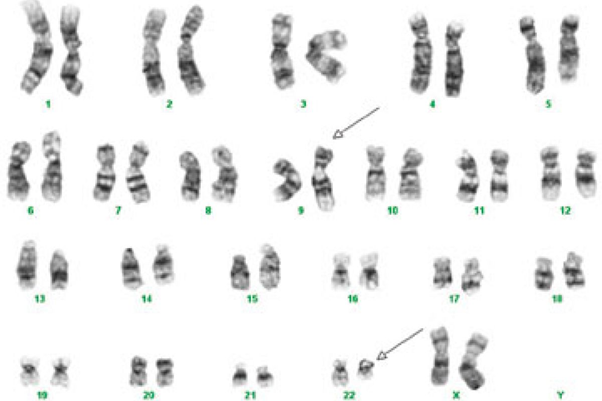
CYTO GENETICS
Testing samples of tissue, blood or bone marrow to look for changes in chromosomes, which may be a sign of a genetic disease or some types of cancer.